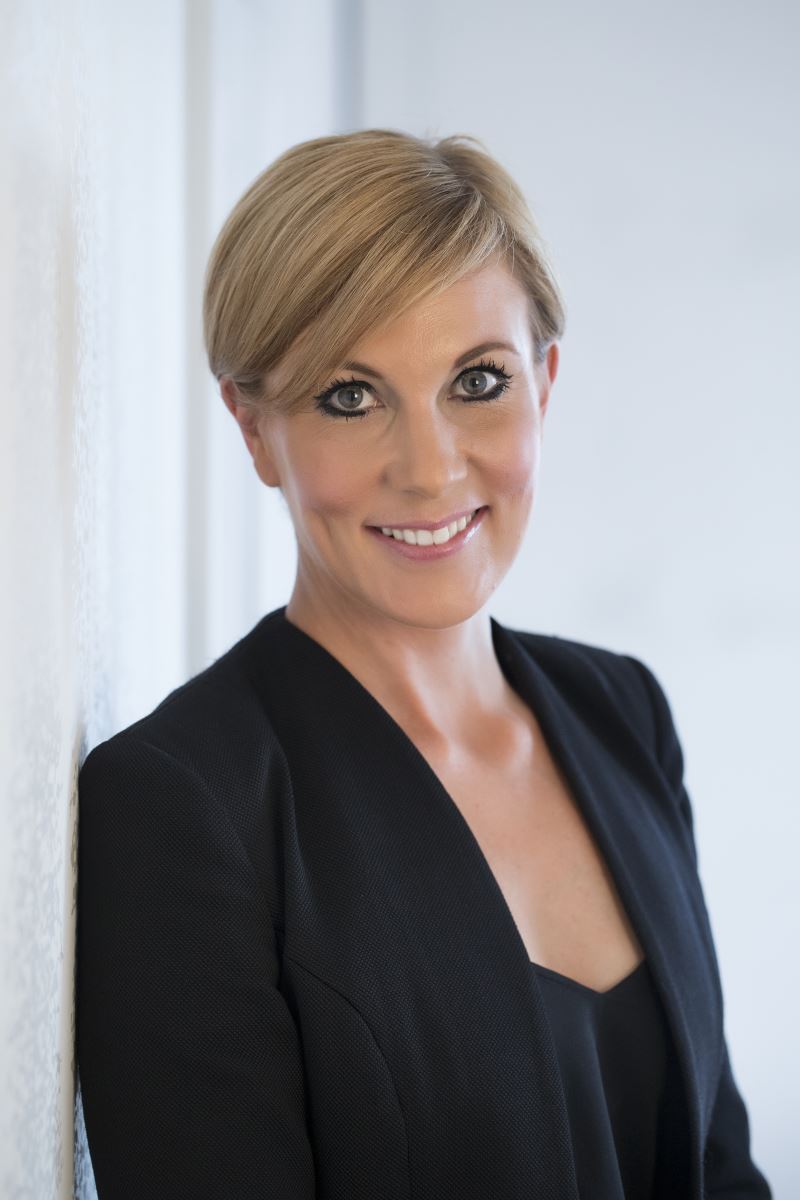
HRINZ’s HR Generalist of the Year for 2017 opens up about industry concerns, professional obstacles, and challenging the status quo.

As the former GM of the change management office for the Canterbury Earthquake Recovery Authority, Caroline Harvie took charge of a unique role and went on to deliver the most complex change program and highest value asset transition in central government’s history.
Now, Harvie is the GM of people, culture and safety at Christchurch International Airport and last month, she was named as 2017’s HR Generalist of the Year at the New Zealand HR Awards. Here, she opens up to HRM about industry concerns, professional obstacles, and challenging the status quo.
If you could give your younger self, or someone entering HR for the first time, one piece of advice – what would it be?
Is there anything exciting in the pipeline for your HR department?
What’s the biggest professional obstacle you – or your team – have faced and how did you overcome it?
What’s your biggest industry worry or concern right now?
If you could change anything about the HR industry, what would it be?
What is the proudest moment or achievement of your HR career so far?
What the most rewarding thing about being in HR?
How do you predict the industry will change, if at all, over the next five years?
What would you like your HR legacy to be?
Recent stories: